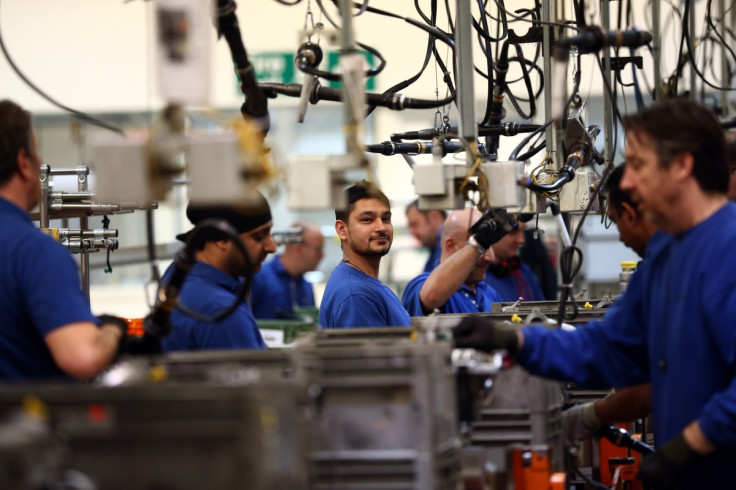Cutting-edge tech in UK manufacturing 'could deliver £102bn benefit'
Barclays predicts adoption of new technologies like AI would lead to the creation of 101,000 jobs in the manufacturing sector over the next decade.

Investing in new technologies like artificial intelligence to improve productivity in the manufacturing sector could add as much as £102bn ($135bn) to the UK economy annually by 2026, a new survey has suggested.
A poll of 500 manufacturers conducted by Barclays revealed that most firms are putting off plans to invest in "fourth industrial revolution" technologies such as machine learning, sensors and big data, with one in five blaming a lack of skilled workers for the delay.
Over a third of respondents said more education and information on the benefits of new technology would encourage them to invest, while 78% said they had already committed to investing in automation over the next five years.
Despite concerns that the rise of AI would lead to a loss of manufacturing jobs, Barclays predicted that adopting smart technology would lead to around 101,000 jobs created over the next decade.
"Our research shows that manufacturers see the benefits of this cutting-edge technology, and many have started to match their intentions with investment," said Mike Rigby, head of manufacturing at Barclays.
"However, we are at a watershed. While the outlay may seem expensive for many at a time of uncertainty, the industry needs to raise its levels of investment in the skills and infrastructure needed to harness these new technologies and keep us more productive than other international manufacturing hubs.
"Businesses that make the leap will be rewarded," Rigby added
The survey comes after the Confederation of British Industry (CBI) said in a report that the UK could improve its productivity by making use of readily available technology and management practices.
Ahead of Chancellor Philip Hammond unveiling his Budget, the CBI called on the government to ensure that proven technologies such as cloud computing, mobile technology, electronic purchasing and cyber security can reach more businesses through the new industrial strategy.
"While the eyes of the business world can often be on 'the next big thing' in cutting-edge technology, too many firms are missing out on what's right under their nose," CBI director-general Carolyn Fairbairn said.
"Failing to adopt the nuts and bolts technologies of today is leaving a yawning gap in productivity and pay between businesses."






















